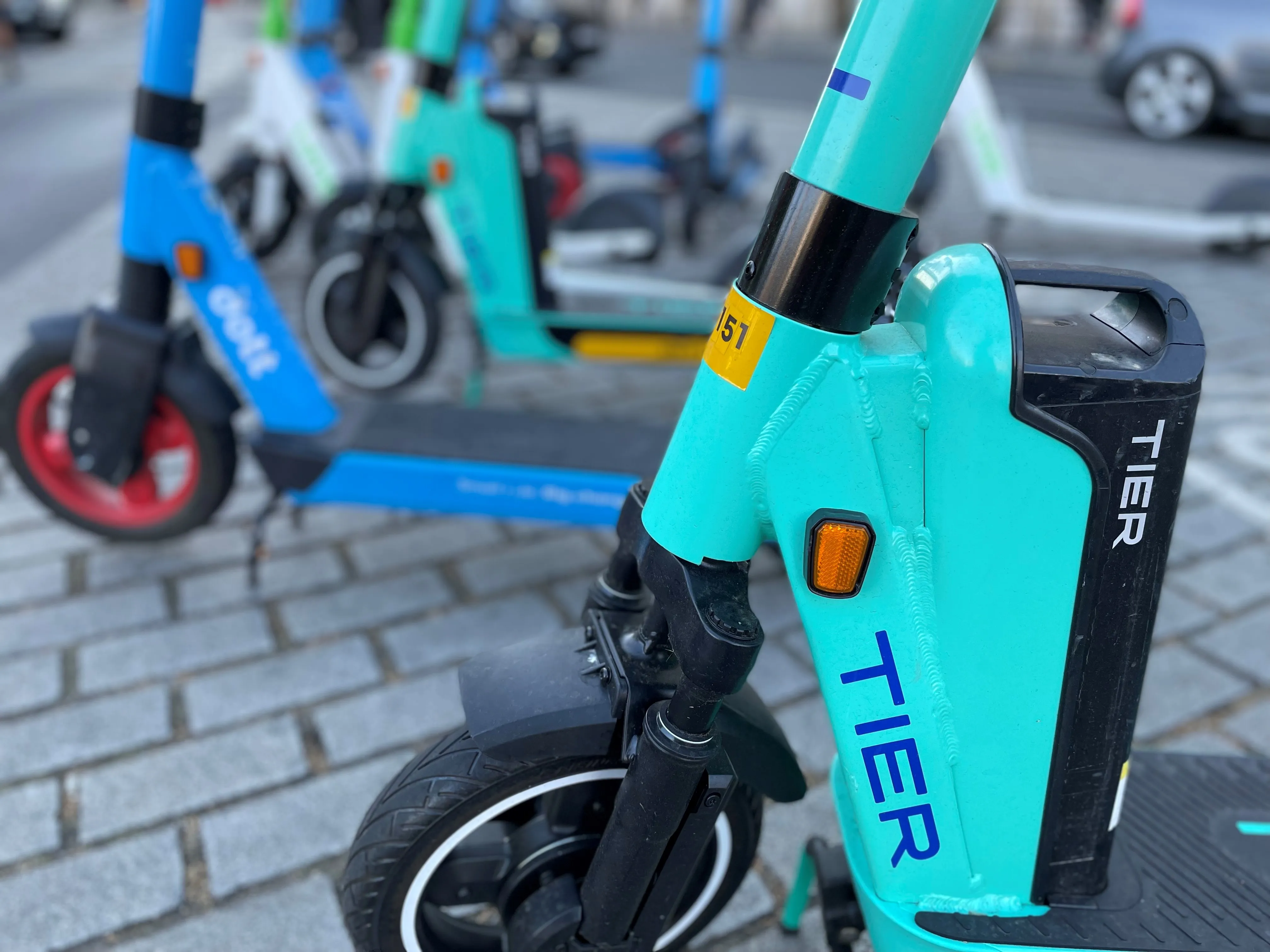Finnish company EkoRent is launching its Nopia Ride electric mobility service in Nairobi, Kenya, in a bid to reduce emissions and solve the capital’s transportation challenges. The company, operating under the name EkoRent Africa, says it intends to increase the number of electric vehicles operating in the area to several hundred by the end of the year. Dr. Ombacho, head of public health in Nairobi, has urged other companies in the private sector to prioritise the development of environmentally friendly
August 14, 2018
Read time: 1 min
Finnish company
The company, operating under the name EkoRent Africa, says it intends to increase the number of electric vehicles operating in the area to several hundred by the end of the year.
Dr. Ombacho, head of public health in Nairobi, has urged other companies in the private sector to prioritise the development of environmentally friendly technologies.
These vehicles will be recharged at Nopia charging bays in the city. Users to book a trip using the EkoRent's app which also provides price estimates for journeys.









